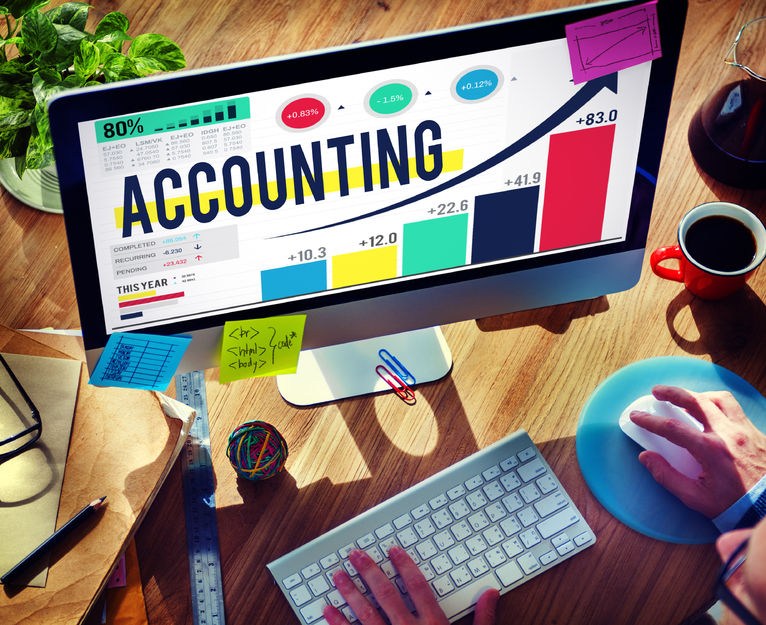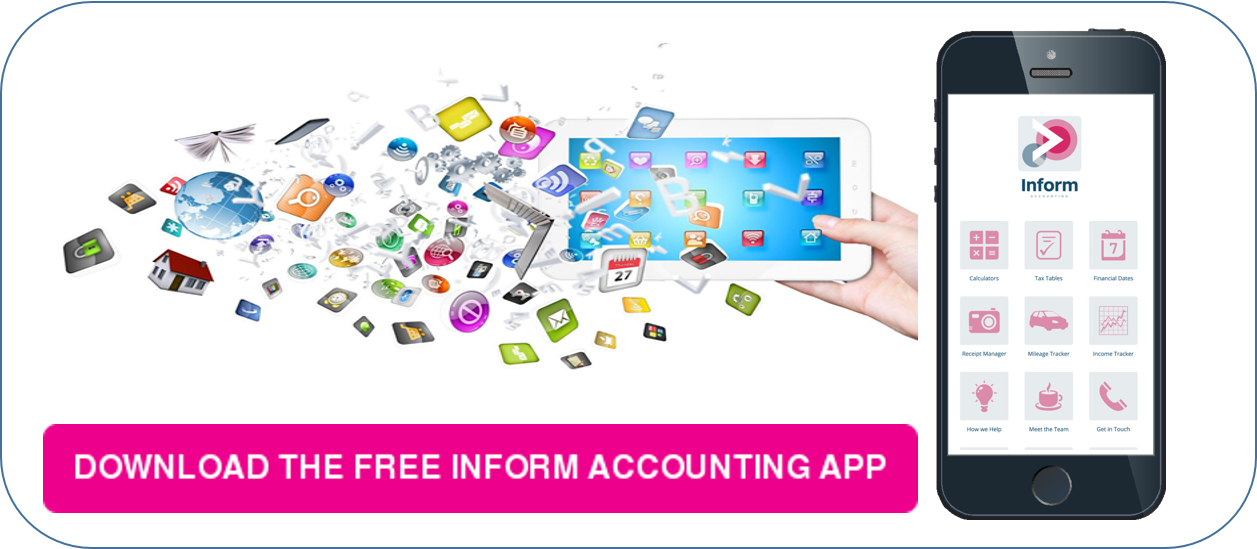BLOG
What is cash basis – is it for you?

As we move closer to a digital age, HMRC have recently published proposals to extend the opportunity to prepare accounts using the cash basis to more businesses and landlords. So, what is the cash basis and is it for you.
Traditional accounting
Under traditional accounting, accounts are prepared by reference to the `accruals basis’, which takes account of invoiced sales and bills, regardless of whether they have been paid or you have paid them. Under this traditional basis of accounting you need to make various adjustments at the end of the year (for things like accruals and prepayments) so that what is shown in the accounts for the year actually relates to the year. So, for example, if you prepare accounts to 31 December but are invoiced annually for your insurance on 1 September for the year to the following 31 August, for the year to 31 December 2016, the insurance figure in your P and L account will be 9/12 of the bill for the year to 31 August 2016 and 3/12 of the bill for the year to 31 August 2017.
Cash accounting
Cash accounting is much simpler in that you only take account of money in and money out in the year. You recognise sales when you are paid not when you invoice and, likewise, you take account of expenses when you pay the bill rather than the date on which you are billed.
However, at the moment, the cash basis is only available if you are a sole trader or partnership and your income is less than the current VAT threshold, set at £83,000 from 1 April 2016. Once you have opted to use the cash basis, you can continue to use it even if your business grows above £83,000 as long as it does not exceed £166,000 (2016/17 figures). Once this level is reached you must use traditional accounting.
If you use the cash basis you must tick the relevant box on the tax return to tell HMRC this is what you are doing.
You can also use the simplified expenses scheme to claim expenses for running a car, working from home or if you live in your business premises.
Capital allowances
Under the cash basis, you can claim capital allowances for a car you use in your business, but only if you are not claiming simplified expenses. However, for other equipment, etc., you simply deduct the cost as an expense when working out your profits and you do not need to claim capital allowances. By contrast, if you use traditional accounting you must claim capital allowances.
Why might it not be for me?
Although it is much simpler to prepare your accounts using the cash basis, it is not for everyone. You can only use it if you are eligible and even if you are, you may prefer to stay with traditional accounting. This may be the case if your business is complicated or if you want to raise finance, as the bank may ask to see traditional accounts. You may also need to stick with traditional accounting if you have interest or bank charges of more than £500 that you want to claim as an expense, or if you have losses you want to relieve sideways against other income of the same year.
Before making the decision, you may want to discuss it with your accountant or tax adviser.
Please get in touch with us at Inform if you need further advice on what is cash basis and if it it is for you or for any other tax related matters.
Read more of Inform's tax blogs:






.jpg?width=1500&height=1000&name=amy-hirschi-K0c8ko3e6AA-unsplash-(5).jpg)

